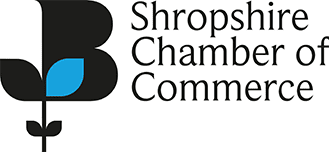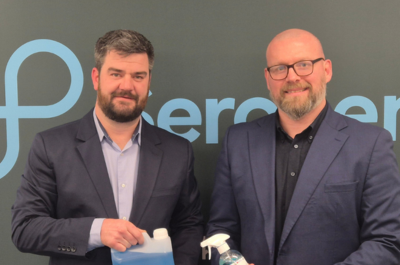As part of the easing of lockdown, hotels and holiday accommodation are finding ways to open their doors safely, from 12th April. As with all businesses, the safety of their employees and customers is of the highest priority. To prepare a warm and “safe” welcome back for customers which instils confidence , hotels are having to reappraise how they can fumigate and deep clean rooms and public areas on an almost daily basis.
The traditional disinfection and fogging methods, which use a range of chemicals such as hydrogen peroxide, ozone and chlorine dioxide, are not always the most practical solutions for high traffic areas such as receptions, entrance halls and toilet facilities. Surface disinfection and fogging kills the bacteria and viruses that are present on the surface at that moment in time. Yet once the sanitising process is complete and people return to the area, they bring with them transient microbes, that are then immediately deposited through hand-surface-hand contact to any surface they touch. Reception desks, pens, door handles and other contact surfaces all serve as carriers to re-infect the area and continue the spread of infection. Furthermore, a requirement to repeat fogging treatment with its huge premium cost on maintenance budgets is simply not sustainable in most businesses.
The Corus and Laura Ashley Hotels group, like many other businesses, have engaged new technology for solutions during the Covid-19 crisis and have taken the bold step of re-formatting their deep cleaning procedures to enhance and strengthen the traditional methods of cleaning. Having introduced a long-term antimicrobial nano coating treatment into their post-pandemic disinfection regime, they can be sure that all surfaces in high touch areas are constantly ‘self-disinfecting’ for twelve months.
David Westerby, Chief Executive Officer Corus & Laura Ashley Hotels commented “As we welcome customers back, it’s crucial that their safety takes precedence – alongside employees. To achieve a new higher level of confidence we have researched and deployed new technologies to reach new higher standards”.
The nano-coatings being employed deliver a liquid layer of silicon (Si02,sand) approximately 130 nm thick, that can be applied through a simple spray and wipe action to a substrate’s surface to form a permanent bonded ‘glass-like’ barrier. The coating is fused to the surface and in essence becomes part of the substrate (light switch, door handle or key card) enhancing its performance (water/dirt repellence) and delivering antimicrobial functionality on contact with the surface.
By using Liquid Guard® antimicrobial surface technology, they can be confident that the movement of transient microbes between hand-surface-hand transfer in high traffic areas is massively reduced. Liquid Guard has been tested and certified to kill SARS CoV -2, Influenza A, MRSA, Ecoli and many other harmful microbes by independent laboratory testing; certificates can be downloaded on the Nano Care website.
Liquid Guard is easily applied in two stages on hard, non-absorbent surfaces such as desks, wardrobe doors and television remote controls. For all upholstered furniture, soft furnishings and staff apparel, Liquid Guard Textile is applied in one-part spray treatment and will last for approximately twelve washes or twelve months.
Simon Mercer, Managing Director at Signo Nanocare, comments: “At a time when businesses are looking to restart after lockdown, our technology introduces the prospect of operators boosting confidence through a “new normal” of long-term surface protection technology. This is compounded by the ability to evidence ongoing APT microbial tests to give reassuringly low bacterial and viral readings.”
Liquid Guard can be purchased online at www.nano-care.co.uk












Latest News